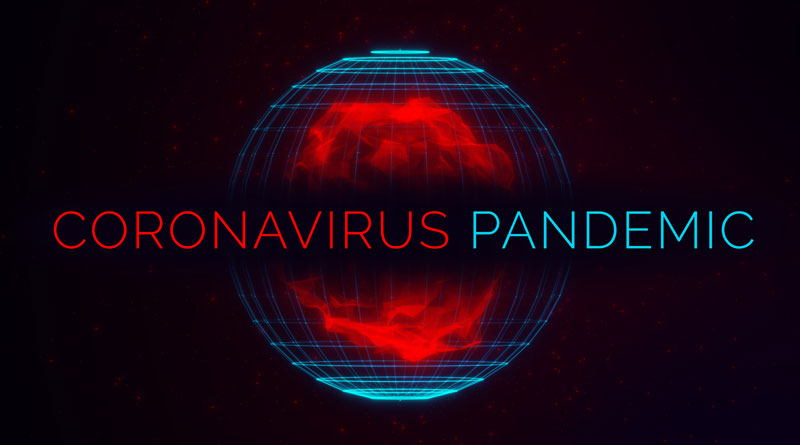Coronavirus roundup for March 24th: Jackson Co. has first positive; Scam warnings; Food pantries
Jackson County sees first COVID-19 positive test
The Jackson County Health Department and Schneck Medical Center have confirmed the first case of COVID-19 involving a Jackson County resident.
Schneck notified the Indiana State Department of Health this morning of the positive result from a patient receiving medical care at the hospital. The patient is currently in isolation at Schneck Medical Center.
Indiana now has 365 positive test results for COVID-19 the Indiana Department of Health announced at this morning’s daily update.
Local health officials say that there have been no additional positive cases in Bartholomew County. So far, there have been 275 tests done in Bartholomew County with five positive results of county residents, 47 negative results and 219 tests where results are still pending.
Johnson County’s number of cases has risen to 18, Jennings County has two cases, and Decatur County is now reporting six positive results. Shelby and Brown Counties both still have one confirmed case.
Local health officials say the best source of information for those with symptoms and care questions in Bartholomew County is the COVID-19 Triage Resource Call Center operated by Columbus Regional Health at 812-379-4449.
In Jackson County you can call th Schneck Coronavirus Hotline at 812-524-4266.
State police warn of epidemic-related scams
While many things are postponed, delayed, or even canceled during this unprecedented time, one thing is not changing – Scammers are hard at work, trying to take your hard-earned money.
Fortunately, Indiana State Police in Sellersburg has not seen an increase locally in scamming attempts; however, here are a few real-life examples that have been identified by federal authorities:
- Telephone fraud criminals call victims pretending to be a clinic or hospital officials, who claim that a relative of the victim has fallen sick with the virus and request payments for medical treatment.
- Phishing emails claiming to be from national or global health authorities, in hopes of tricking victims to provide personal credentials or payment details, or to open an attachment containing malware.
Authorities advise if you are looking to buy medical supplies online, or receive emails or links offering medical support, be alert to the signs of a potential scam and protect yourself and your money.
- Independently verify the company/individual offering the items before making any purchases.
- Be aware of bogus websites criminals will often use a web address which looks almost identical to the legitimate one, e.g. abc.org instead of abc.com.
- Check online reviews of a company before making a purchase for example, have there been complaints of other customers not receiving the promised items?
- Be wary if asked to make a payment to a bank account located in a different country than where the company is located.
- If you believe you have been the victim of fraud, alert your bank immediately so the payment can be stopped.
- Do not click on links or open attachments that you were not expecting to receive or come from an unknown sender.
- Be wary of unsolicited emails offering medical equipment or requesting your personal information for medical checks legitimate health authorities do not usually contact the general public in this manner.
State calls for food pantries to stay open
The Indiana Family and Social Services Administration today is calling on Hoosiers to help keep the states network of food pantries open. FSSA is tracking the number of food pantries operating across the state as part of the states response to the coronavirus (COVID-19).
Now is the time for us as Hoosiers to double down on our best quality — serving each other, said Jennifer Sullivan, M.D., M.P.H., FSSA Secretary. Food pantries are critical harbors of hope in many local communities, and with them facing difficulties operating and possibly reducing the food supply to our neighbors in need, its time to sound a loud call for help across the state.
Many food pantries are supported by a volunteer workforce, with many volunteers over the age of 60. Understandably and thankfully, many of those older Hoosiers and others with health challenges are choosing to stay home to protect themselves from the spread of COVID-19. Sullivan urged anyone who not in a vulnerable population or demographic to answer to call to help at a local food pantry. Hoosiers can call 2-1-1 and ask for a list of nearby food pantries.
Anyone having troubling obtaining enough food for themselves or their families should call 2-1-1 for help.

